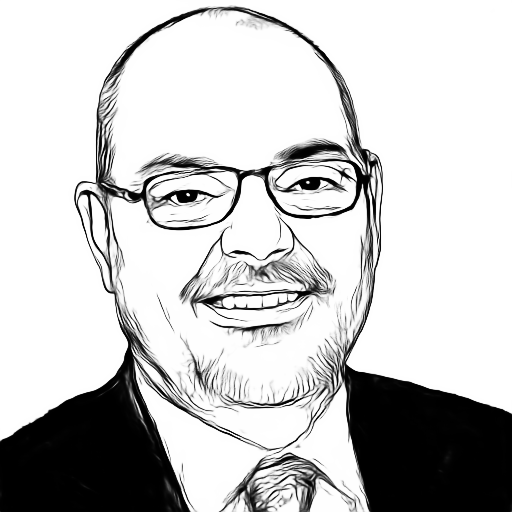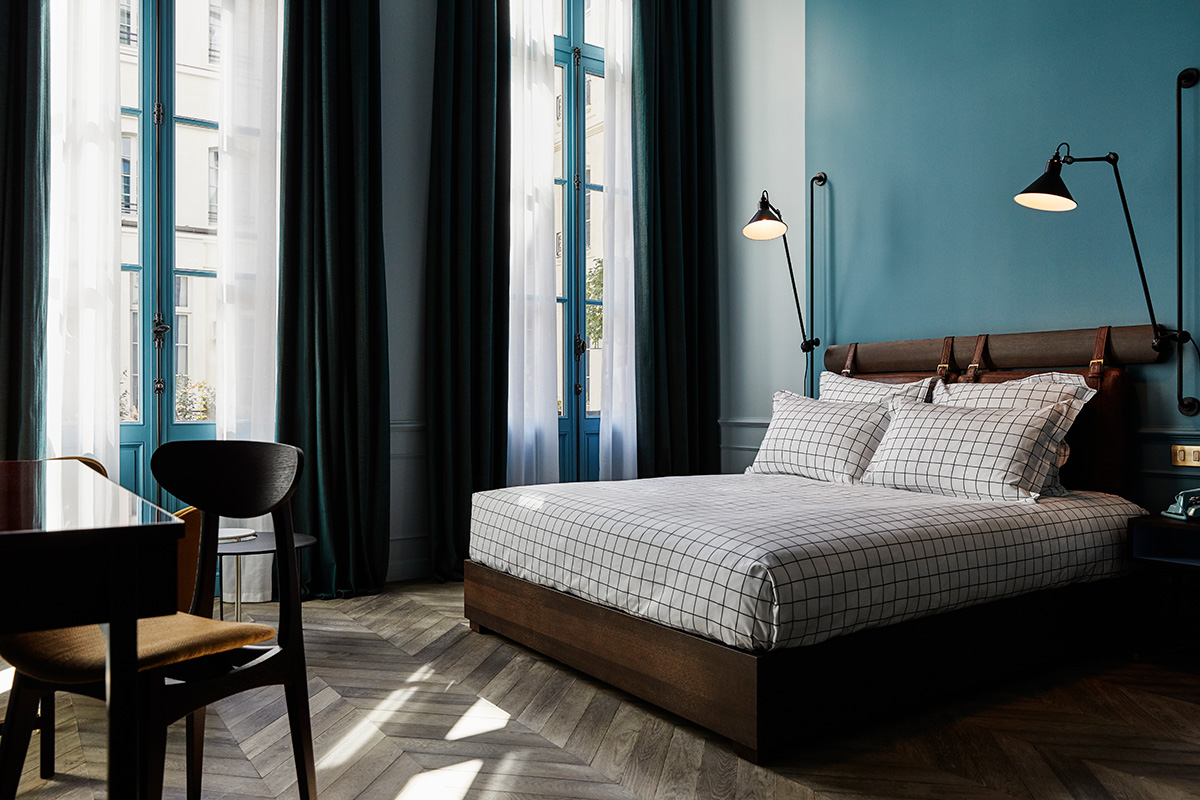Creating communities one hotel at a time




Synopsis
Accor's Gaurav Bhushan reports a positive outlook for the current year compared to the first quarter of last year. The company is forecasting a growth of 5-10% this year, with the UK and France expected to be strong. Accor recently underwent a corporate reorganization, dividing the business into two divisions: Premium, Midscale & Economy division and Luxury & Lifestyle division. The latter division will focus on elevating the experience of the guests and making hotels community hubs. The company is also investing in its "Working from_" co-working brand, with upcoming openings in London, Chicago, Brussels, and Dubai. He emphasizes that Accor is focused on driving the business around the hotel, not just travelers, and differentiating product types through their existing brands.
Andrew Sangster: How is current trading?
Gaurav Bhushan: I feel more positive than I did a couple of months ago. Last year, the first quarter wasn’t as strong but trading bounced back; RevPAR for the end of the year was a double-digit growth vs 2019 in line with Q3. We are forecasting positive RevPAR growth for the year. We are currently focused around elevating the experience piece [of our offer].
Where is trading strongest?
Last year most of the growth came from increased room rates, without being a forecast or a guidance, expecting a RevPAR growth more balanced between occupancy and price could be fair.
Where do you expect to see the best growth this year?
I’m not sure we will see the same level of increases in all parts of the world, but the UK and France will be strong. Germany is driven by events, and these will continue to come back. We’ve not seen a tangible impact from air travel problems. Business travel will take time to recover but people mixing business and leisure travel will help. The number of trips is down but the average length of stay will rise.
How will the latest corporate reorganisation help?
It refocuses the leadership team on brand organisation, and it makes the regions more manageable. Growth under Sebastien [Bazin, Accor’s Group Chairman & CEO] has been phenomenal. We’re opening a hotel almost every day and the Group needed to pay tribute to the fact that different brands need to be managed differently, as was the case with Ennismore and our lifestyle brands.
Why has the business been divided into two divisions?
Accor’s internal reorganisation allows the needs of our hotels owners and guests to be better addressed. For example, Ennismore will continue to drive a focus on F&B, which is why we have a dedicated in-house studio, Carte Blanched, looking at new concepts as we open hotels. We innovate [our hotels] not only through design but also through our restaurants, which attract a strong following from a local audience.

What is lifestyle?
The whole point of lifestyle is to make our hotels community hubs. We’re creating not just rooms for travellers but hubs for the local community. This also helps drive other parts of the business like branded residential where owners can enjoy an uplift in value. This is important as over 20% of our pipeline has a residential component.
Do lifestyle hotels require heavier capex than regular hotels?
The investment in ff&e [furniture, fixtures and equipment] is not worse than for regular hotels. We are not creating fads that need to be replaced every few years. The Mama Shelter concept, for example, has evolved but not fundamentally changed. We want to be smart and careful in our concepts, they have to stand the test of time.
How do you keep your lifestyle brands authentic?
There is a big focus on keeping founders. We have done that for Mama Shelter and 25hours where the founders have continued with us for the journey. They are less focused on the day-to-day but they spend time on product development and network development. They have the magic dust they bring to the table with their creativity and we deliver a proper platform to grow the business. Typically, after say 10 or 15 hotels, emergent brands struggle to grow. We are trying to make sure the creativity is balanced within a platform that provides real performance.
Is it harder to run your division with less geographical alignment?
Brand-based organisation is a more complex, which makes it harder to implement it.
Does Accor have too many brands?
There is a Novotel, Ibis and Hoxton here in Southwark [south central London]. They are very different products. The focus on brand-based products helps to dispel confusion rather than create it. Our attention to programming brands and products creates clear points of difference.
Are hotel management agreements dying thanks to the rise of franchising and third-party managers?
What matters for owners is who can deliver the performance. HMAs are now a much more balanced document. If you enter a 20 year relationship you have to have a balanced document or the relationship won’t last. There is accountability and as much transparency as owners want.
What are hotel development financing conditions like right now?
It’s tough out there and this has impacted [market] deal flow and pipeline. But our deal flow is strong because we are dealing with owners who know how to cope with cycles. We pick our partners carefully, and they understand you are building a hotel for years and you therefore need to factor in interest rate cycles into the capital structure.
Are you still keen to buy more chains or brands?
We are not looking for more M&A. We have 14 plus brands within Ennismore. It ranges from the luxury all-inclusive like Rixos to brands like Paris Society. That said, of course we will always look at opportunities, but the key message is that we have enough organic growth available.
Will you look at hotel alternatives like serviced apartments?
What makes us different is that we drive the business around the hotel and don’t just focus on travellers. We don’t need separate brands to differentiate product types. An example is SLS Dubai which has 946 keys with 254 hotel rooms, 321 hotel apartments and 371 residences. We are also growing our “Working from_” co-working brand which currently has four venues: London and Chicago are open; Brussels and Dubai are in the pipeline. This is a great component of creating a community.